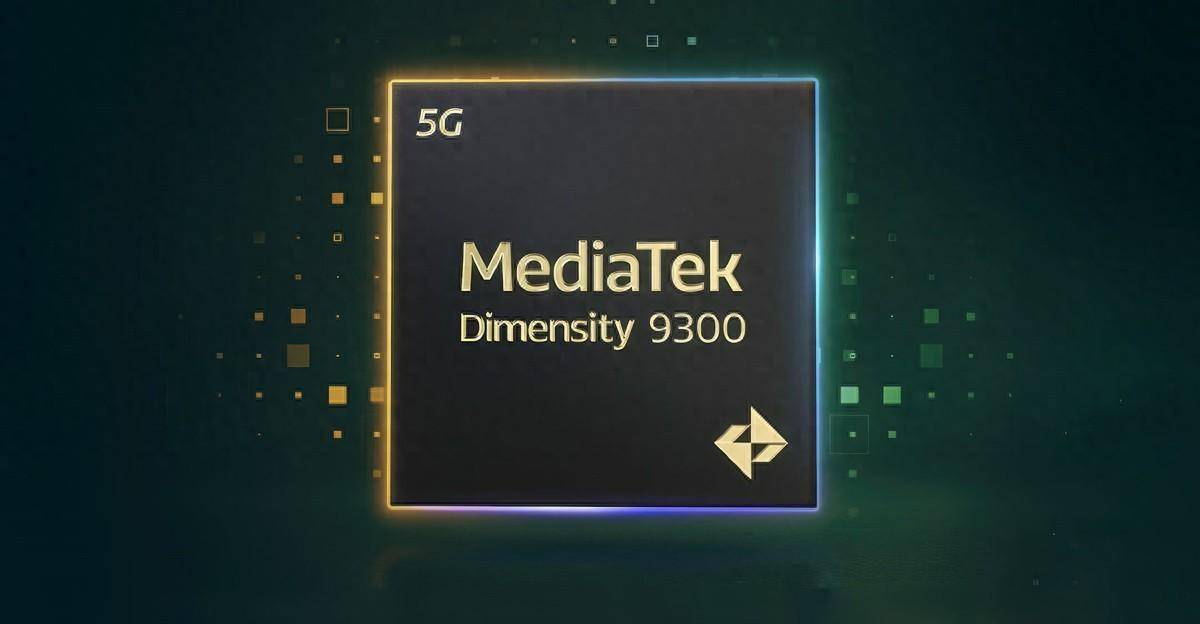Rumors of MediaTek’s Tianji 9400 on TSMC’s 3nm Process Node Spark Massive Performance Upgrade
Numerous rumors have surfaced claiming that the Tianji 9400 mobile platform and the fourth generation Snapdragon 8 mobile platform will be among the first to adopt the 3nm process node for flagship Android SoCs. Recently, the digital gossip blogger Station Chat Digital revealed that MediaTek is planning to utilize TSMC’s second generation 3nm process to manufacture the next generation flagship SoC, boasting about its exceptional performance.

Last year, TSMC’s 3nm production line had only one customer, Apple. Apple’s A17 Pro and the entire M3 series of chips were manufactured using TSMC’s “N3B” process node, which is regarded as the first generation 3nm technology. Station Chat Digital mentioned in their blog post that the Tianji 9400 mobile platform will adopt TSMC’s second generation 3nm process. In response, wccftech speculated that this process could be TSMC’s “N3E” lithography process, known for its higher wafer yield and more reasonable pricing, which attracted orders from Qualcomm and MediaTek. Previously, we reported that MediaTek’s CEO, Cai Lixing, mentioned that MediaTek is deeply collaborating with TSMC on the new generation 3nm chip, although he has not revealed many technical details at this stage.
Furthermore, the blog post also mentioned that the Tianji 9400 mobile platform will feature the latest public version of ARM’s CPU and GPU architecture, indicating a high probability of MediaTek’s flagship SoC being equipped with Cortex-X5 cores. The blog post also highlighted the extremely potent performance of this SoC, and previous reports indicated that, similar to the Tianji 9300 mobile platform, it will not be equipped with energy-efficient cores.
There are even rumors circulating online that the overall performance of the Tianji 9400 mobile platform will surpass that of the fourth generation Snapdragon 8 mobile platform. However, given that Snapdragon will be using a custom Oryon core this year, it’s premature to conclusively determine the performance differences between the two SoCs.